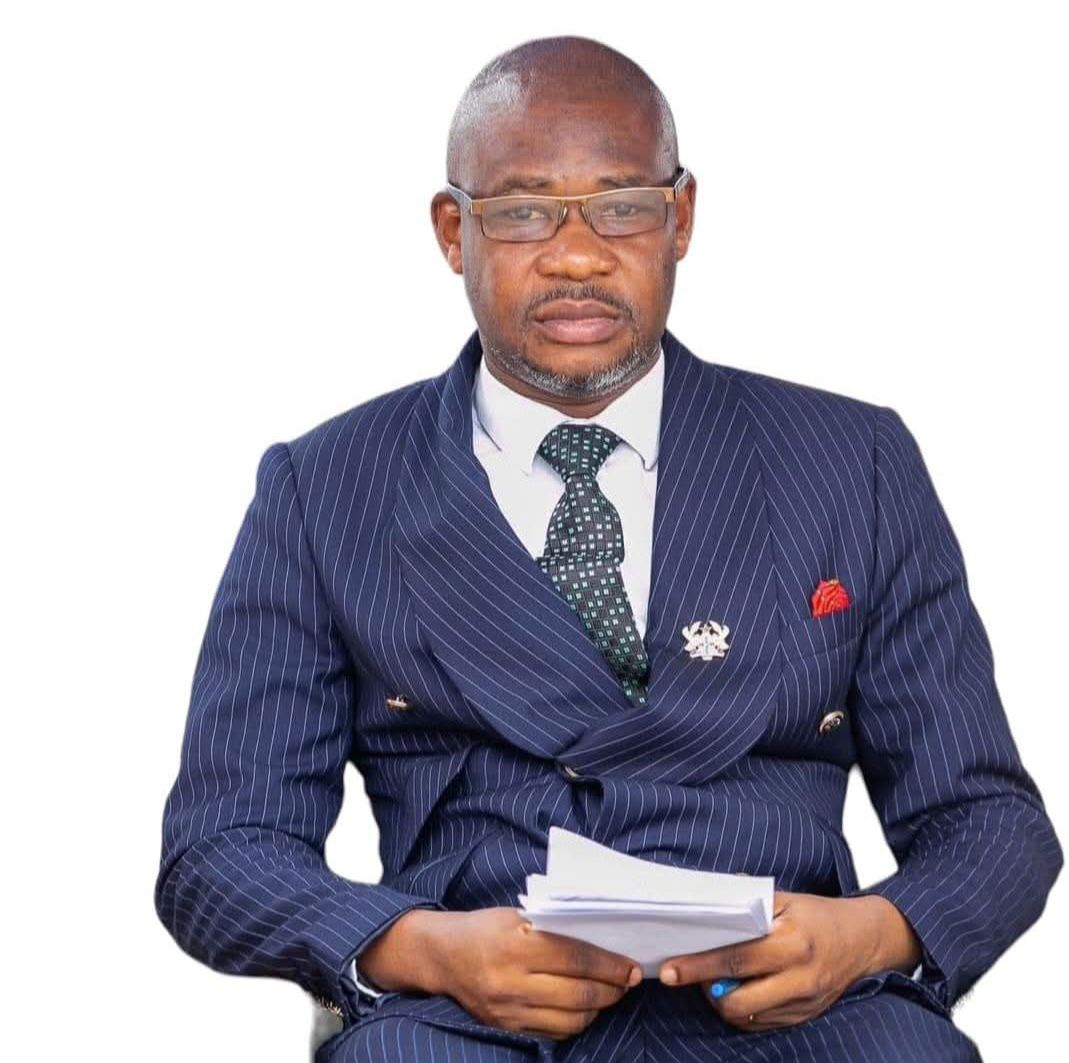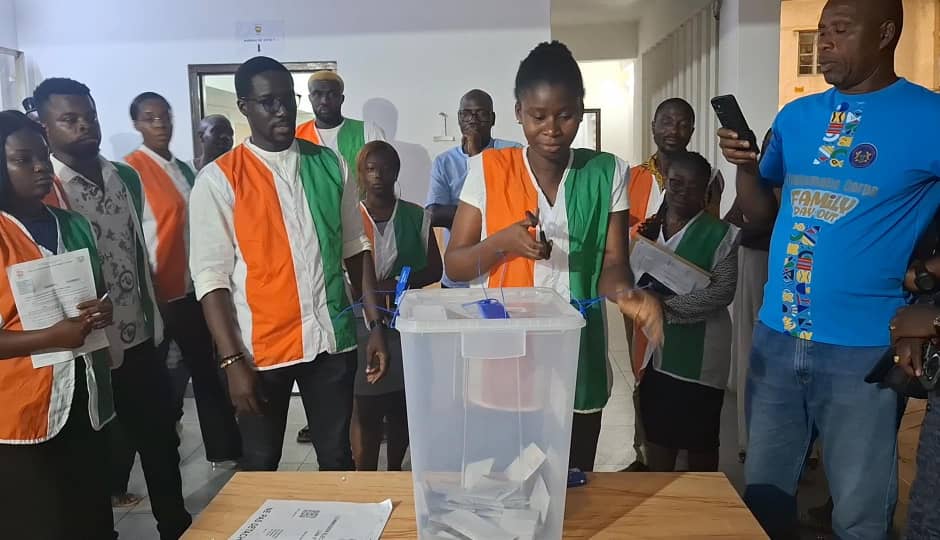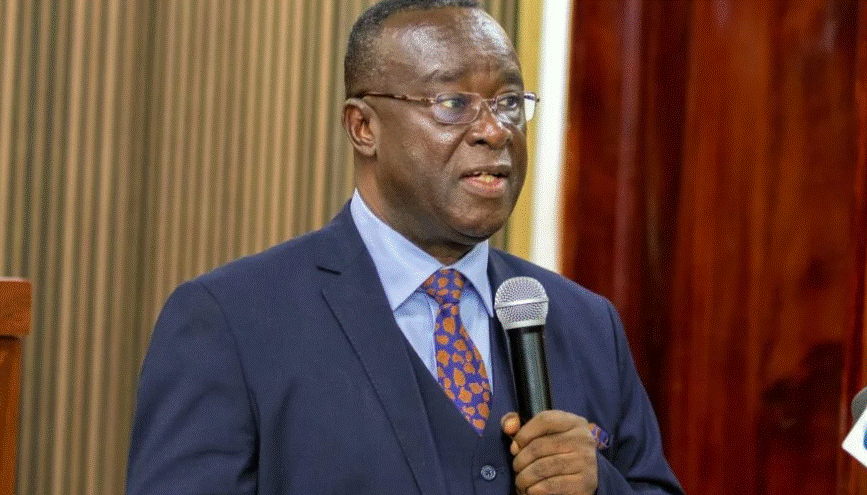
Vice President Professor Jane Naana Opoku-Agyemang graced the 14th Ghana Economic Forum (GEF) organised by Business and Financial Time in Accra yesterday – stating that the country’s recent economic recovery will not be sustained unless Ghanaians resist short-term fixes and instead consolidate recent gains through discipline, productivity and long-term value creation.
Economic stability is not accidental and cannot be treated as a momentary relief, but must be intentionally built through strong institutions, consistent policy choices and local value addition, she added.
For decades, Ghana’s overdependence on raw commodity exports and excessive import reliance had weakened the cedi’s fundamentals and exposed the economy to shocks, the Vice President said.
Prof. Opoku-Agyemang further said ongoing fiscal consolidation and financial sector reforms are gradually restoring confidence in the economy, noting that macroeconomic indicators are improving.
“These are not miracles, they are the outcomes of deliberate, disciplined choices,” she added.
For his part, Chair of the Ghana Economic Forum (GEF) Edward Annan noted that sustainable growth cannot be achieved through rhetoric or policy intention alone, but needs practical measures that channel capital, innovation and productivity into homegrown enterprises that create jobs and retain value locally.
“Ghana stands at a crucial turning point where global economic pressures, supply chain disruptions and currency volatility continue to expose the vulnerabilities of import dependence.”
According to him, the conversations around currency stability must go hand in hand with strategic reforms that boost productivity, improve competitiveness and support local manufacturing.
Organised by B&FT, the Forum was held with the theme ‘Currency stability: A reset for sustainable economic growth’ to bring fresh impetus in the country’s ongoing economic recovery efforts.
Mr. Annan used the platform to call on policymakers and the business community to ensure that commitments made at the Forum translate into real economic transformation, since it remains a marketplace of ideas which should move beyond discussion to measurable outcomes.
He urged government, the private sector, academia and civil society to deepen collaboration and align efforts toward actionable reforms that translate into job creation and export expansion.
The GEF Chair reminded participants that economic resilience is not built overnight, but through consistent implementation of evidence-based policies and a disciplined reform agenda.
The post Editorial: GEF discusses currency volatility appeared first on The Business & Financial Times.
Read Full Story
















Facebook
Twitter
Pinterest
Instagram
Google+
YouTube
LinkedIn
RSS